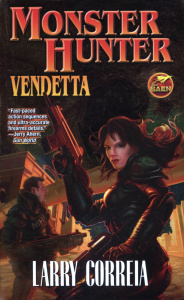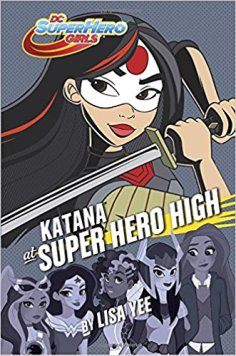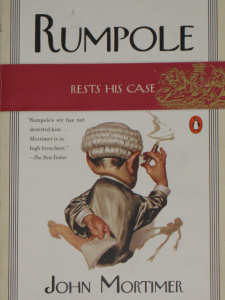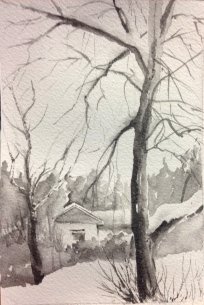Well, it’s Banned Books Week, my favorite library holiday! So, I thought I’d write a little rambling bit on why censoring books is silly.
2016’s most challenged book (meaning someone found it offensive and tried to have it removed/restricted in a library or curriculum) was This One Summer by Mariko and Jillian Tamaki. It just so happens I just read this book for the first time earlier this week, prior to realizing it is last year’s most frequently challenged book. Frankly, I struggled a bit seeing why this book was oh so controversial. Yes, if you were handing it to a young kid, some of the content is a bit mature (teen pregnancy, drinking, marriage struggles). However, I’ve mostly seen it marketed towards teens, who are probably largely aware of the topics that come up in This One Summer. The book does deal with some heavy issues, but that doesn’t mean a book can’t be influential in a positive way.
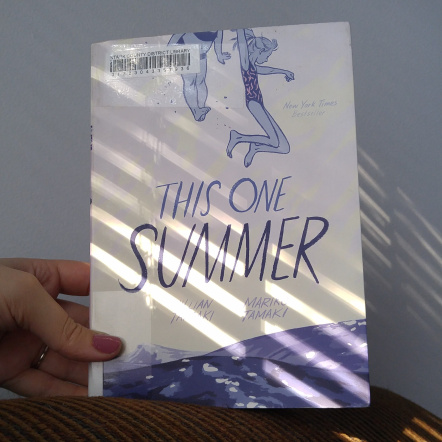
Half of this year’s Top Ten Most Challenged Books were challenged for having LGBT characters or narratives. What day and age are we living in?? Are parents still afraid reading about a gay character will make their child gay? Because that’s preposterous, and haven’t we covered this?! Multiple times? Also, if your child is perhaps questioning their sexuality/identity, then maybe these characters could be a comfort to them in a world that is anything but. Books are a refuge and an open door into greater things.
Perhaps you are more afraid of having a more well-rounded child who might possess a little compassion for other?
Books seem to be most frequently challenged for sexuality, LGBT characters/narratives, displays of racism, or use of certain “bad” words. Or witchcraft. (Can’t leave out Harry Potter!)
There are many banned books that are near and dear to my heart, many of the books that spoke to me the most in my teen and early college years were frequently challenged books. That’s not why I read any of them; some were assigned reading, others were by personal discovery. Yet, truly, some (perhaps most) or the most influential books I’ve read thus far in my life have been “banned” books. I can only say I’m grateful that I didn’t have teachers or parents that felt the need to censor what books I was reading. Controversial topics help us broaden horizons, learn something new, see things from a new perspective. Controversial topics represent real life, and life is controversial y’all.
One of my older co-workers was annoyed last year that the library (where I work) was displaying banned books as well as flyers on freedom of speech and press. She literally asked “why do we have those on display? They’re clearly banned for a reason.” And my heart grew a wee bit darker and more cynical that day. There are plenty of reasons we should be displaying, promoting, and advocating for free speech, but I won’t bother to bore us all with my own political ramblings. My book-ish ramblings are bad enough, amirite?
If you find you are offended by something, seriously stop and ask yourself, why?
I think sometimes people need to be a little offended, and they need to ponder why certain things offend them, because perhaps maybe then they will grow. Books have an excellent way of helping us grow by showing us different perspectives, sharing new ideas, encouraging us to learn more about a certain topic, pushing us to ask questions and think more critically.


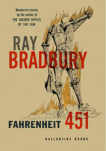

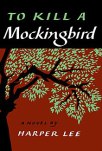

Advertisements Share this:
